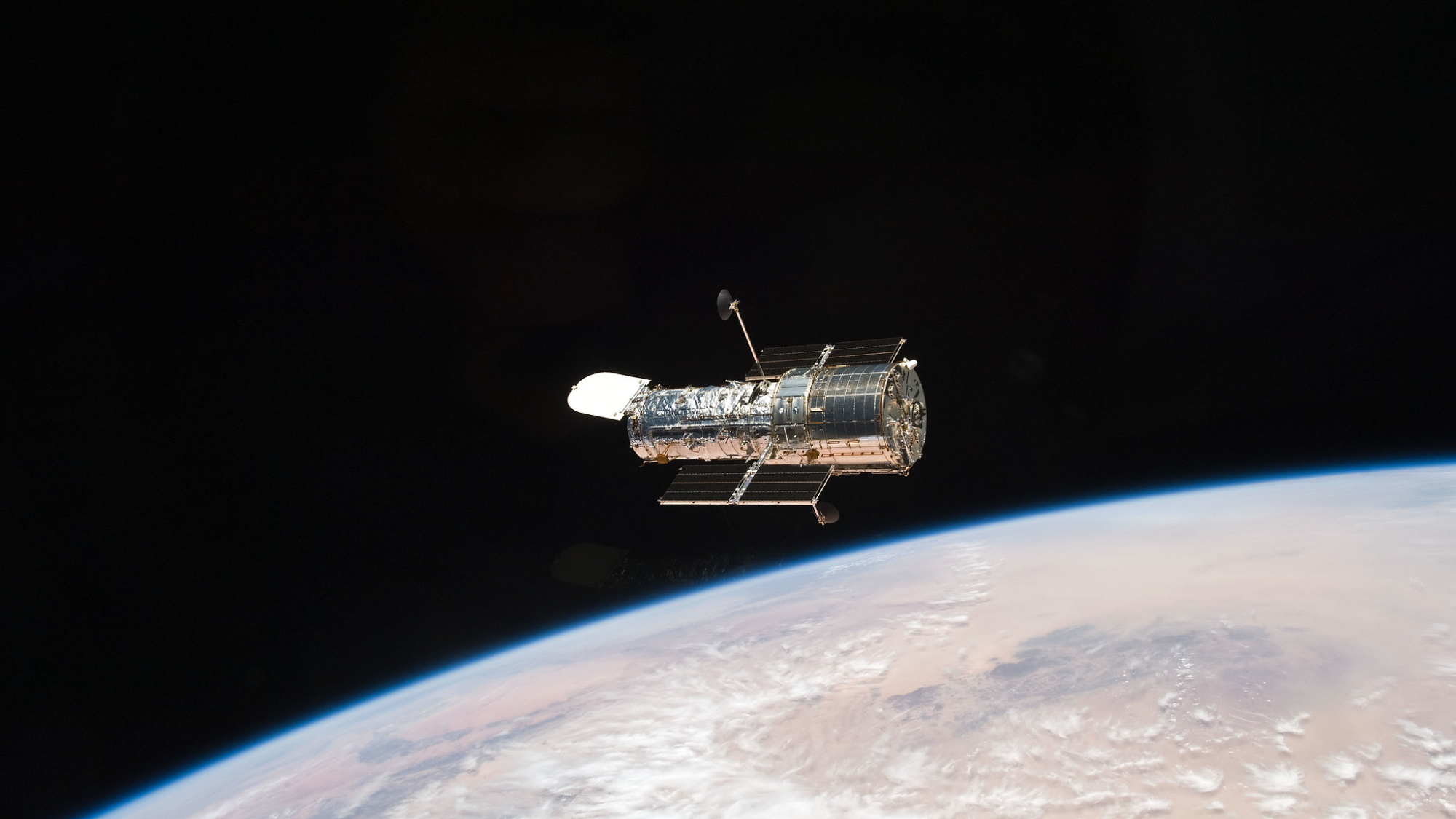
Sascha Pare
Sascha is a U.K.-based trainee staff writer at Live Science. She holds a bachelor’s degree in biology from the University of Southampton in England and a master’s degree in science communication from Imperial College London. Her work has appeared in The Guardian and the health website Zoe. Besides writing, she enjoys playing tennis, bread-making and browsing second-hand shops for hidden gems.
Latest articles by Sascha Pare
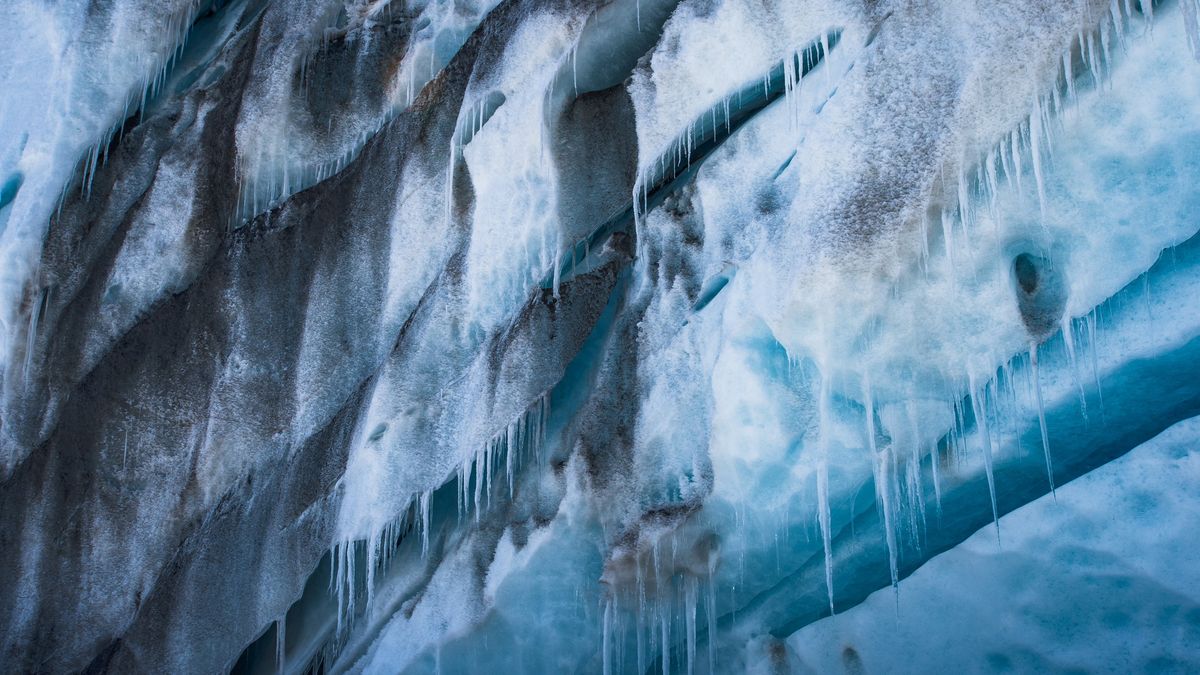
We could be 16 years into a methane-fueled 'termination' event significant enough to end an ice age
By Sascha Pare published
Methane emissions from tropical wetlands have been soaring since 2006 and accelerating at the same breakneck speed as they have when Earth's climate flipped from a glacial to an interglacial period.
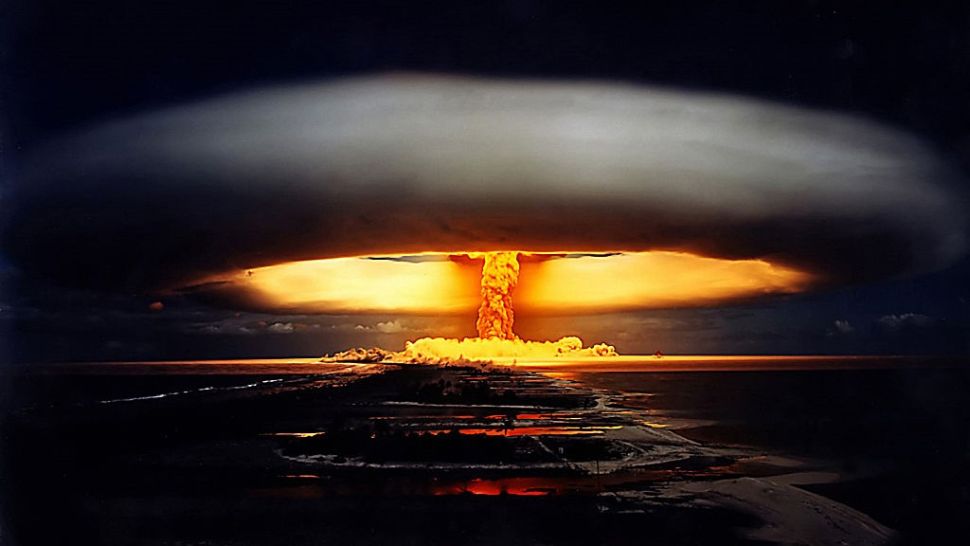
Nuclear bombs set off new geological epoch in the 1950s, scientists say
By Sascha Pare published
Nuclear testing in the 1950s marked sediments at the bottom of a lake in Canada to such an extent that scientists are calling for it to become the symbol of a new geological epoch: the Anthropocene.
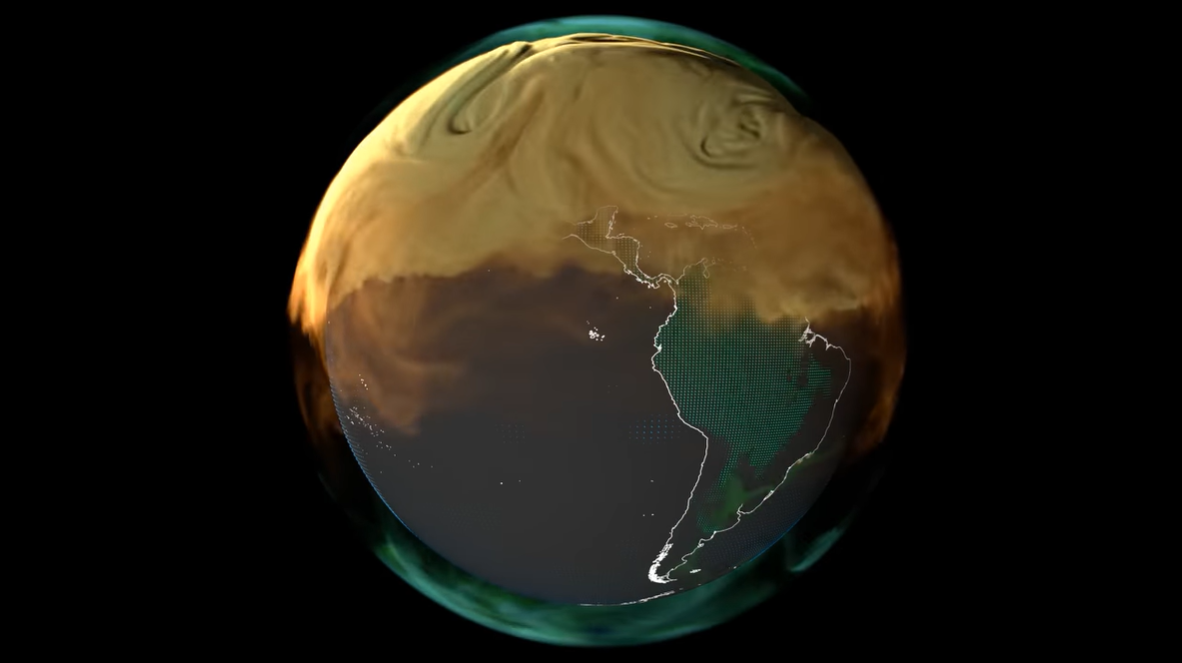
Watch the world choke on CO2 in eerie NASA videos of manmade emissions
By Sascha Pare published
The animations highlight emissions from different human and natural sources, with the main contribution coming from the burning of fossil fuels.
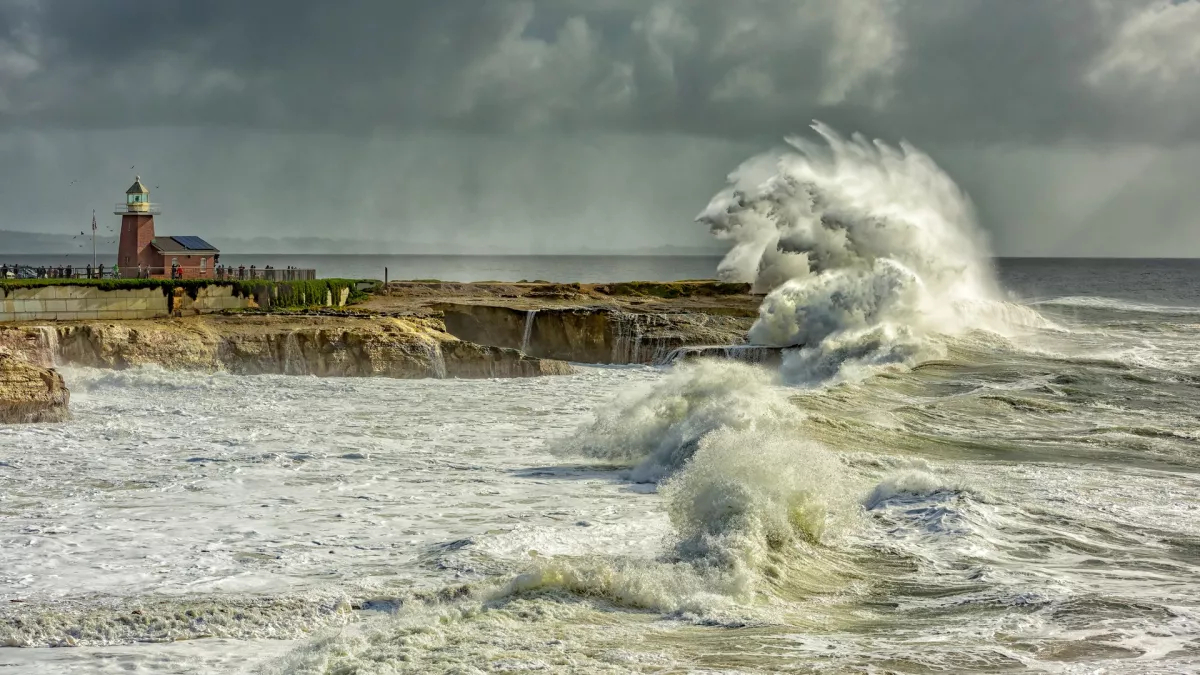
El Niño is officially here, scientists say
By Sascha Pare published
After months of warning, experts have confirmed that the ocean-warming event El Niño is here and will gradually strengthen into the winter, with a potential worldwide climate impact.
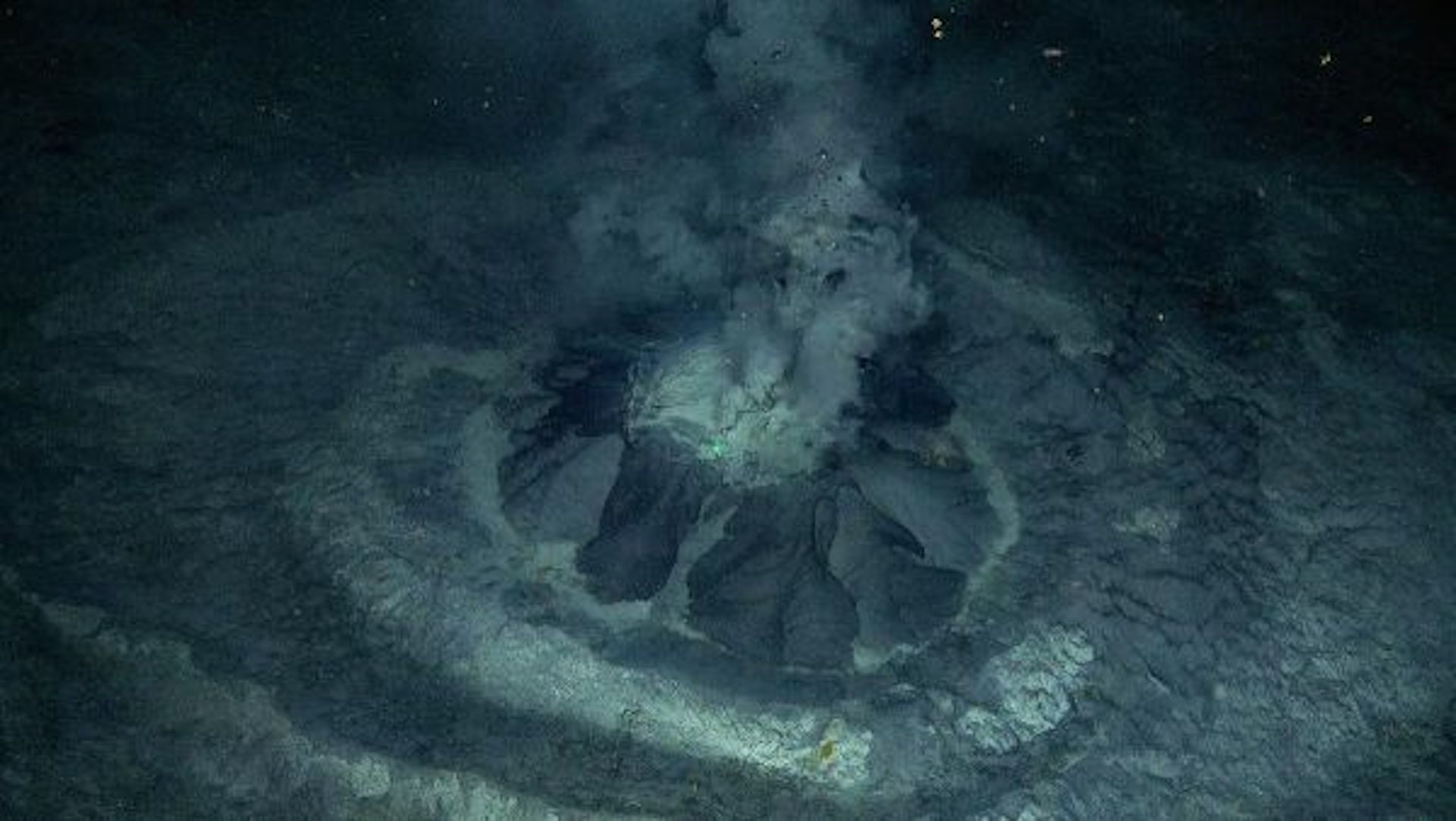
Scientists discover giant crater from ice age explosion that has methane-spewing mud volcano inside it
By Sascha Pare published
The Borealis Mud Volcano is only the second found in Norwegian waters and releases a continuous stream of methane-rich, muddy liquid from deep below Earth's crust.
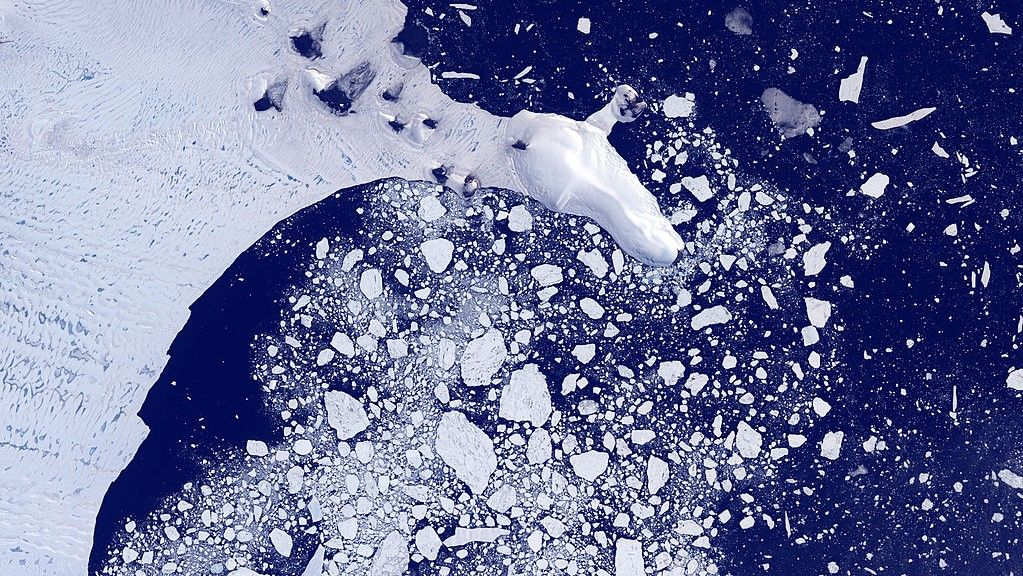
Antarctic currents supplying 40% of world's deep ocean with nutrients and oxygen slowing dramatically
By Sascha Pare published
Deep ocean currents around Antarctica that are vital to marine life have slowed by 30% since the 1990s and could soon grind to a complete halt, a new study finds.

Scientists may have uncovered the oldest evidence of a meteoroid hitting Earth ever
By Sascha Pare published
Geologists have discovered the earliest evidence of a meteoroid collision with Earth: tiny fragments of melted rock that showered down on our planet 3.48 billion years ago.
Get the Space.com Newsletter
Breaking space news, the latest updates on rocket launches, skywatching events and more!
